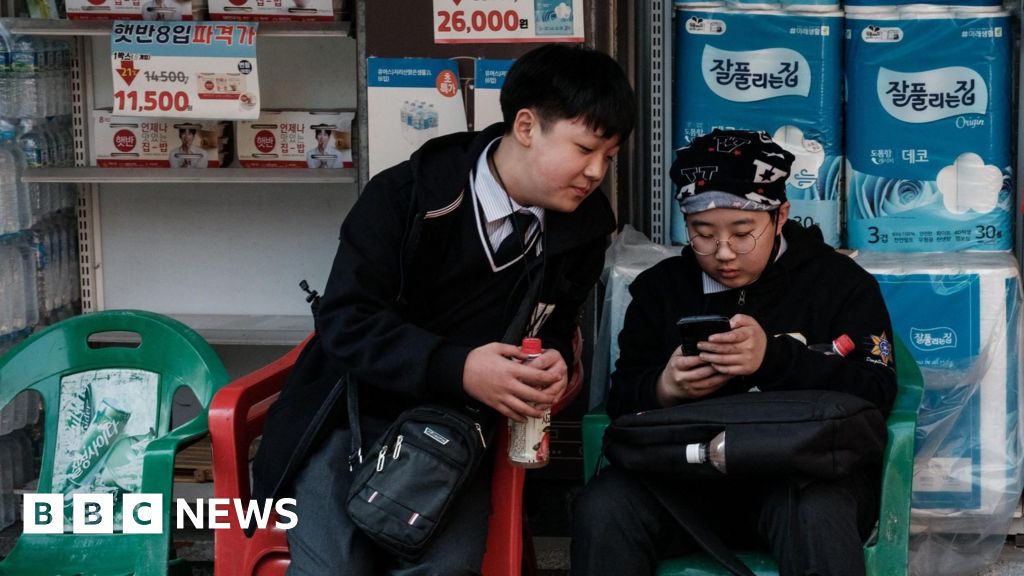In a disturbing event, a recent investigation by Gansu provincial authorities has brought to light a significant cover-up involving the poisoning of over 200 young children at Peixin Kindergarten in Tianshui, north-west China. The report, released Sunday, outlines how various provincial officials and healthcare personnel tampered with blood test results to downplay the lead poisoning crisis.
Peixin Kindergarten has come under scrutiny after its chefs reportedly used inedible paint to make meals look more appealing, in a bid to boost enrollment. Food safety inspections were overlooked, and lead was found in food samples at an alarming level—2,000 times above the national safety limit. The fallout from the scandal has seen the detention of eight individuals, with six, including the principal and several cooks, now facing arrest. Additionally, ten officials will go through formal investigations for their roles in the case, and 17 more are under disciplinary scrutiny.
The tragic incident was first disclosed by authorities on July 8, when it was revealed that 235 children had been hospitalized due to lead poisoning after consuming contaminated steamed red date cakes and sausage corn buns. As of the latest update, 234 children have since been discharged from medical care.
The Gansu Provincial Centre for Disease Control and Prevention's failures were also noted in the report, with allegations that staff did not adhere to proper testing protocols, leading to manipulated results. Criticism was directed toward Tianshui No. 2 People's Hospital as well for their disorganized management of the situation.
The public response to the investigation has been significant, with discussions circulating online about accountability for those involved. Despite the scrutiny directed towards local officials, the report recognized a swift and proactive response from central government authorities, who convened a panel of experts to identify procedural gaps promptly.
In a move towards restoring trust, China has introduced new national guidelines for school meal provision, mandating routine testing of food batches and centralized procurement for ingredients. In Tianshui, plans are in place to ensure that affected children receive free medical care and legal assistance, while Peixin Kindergarten will now be overseen by a state-run institution as a safeguard against further incidents.




















